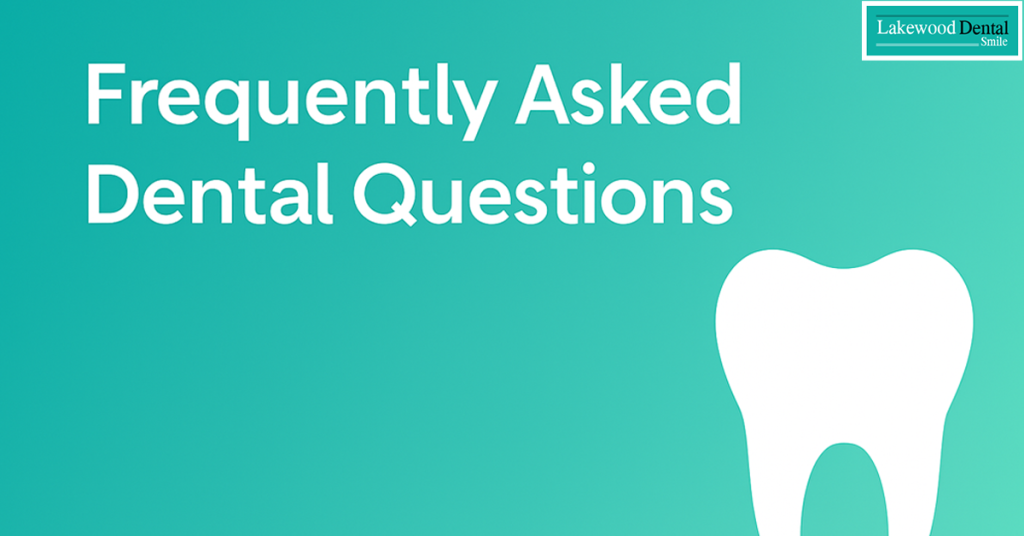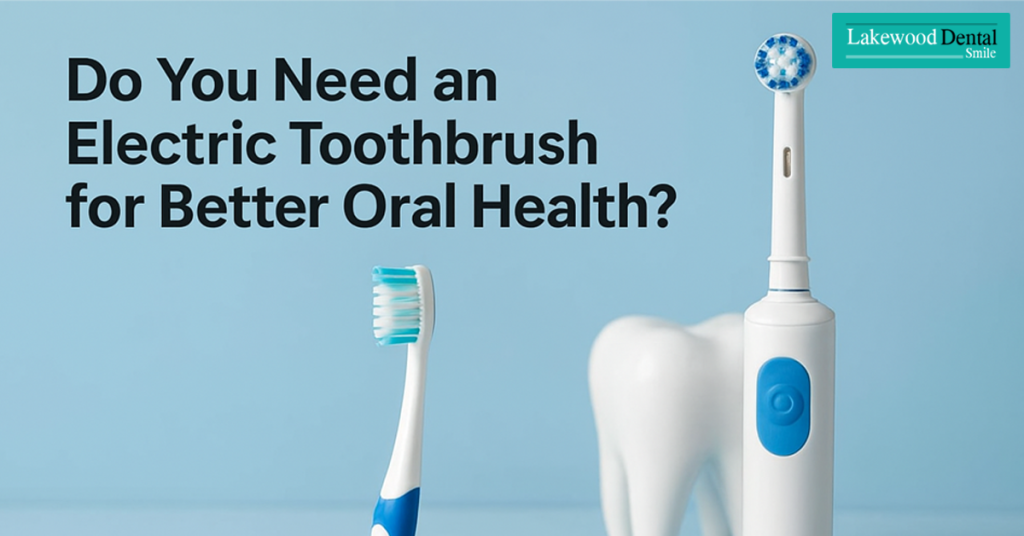Bad breath can make anyone feel uncomfortable, especially in social or professional situations. The condition, known as halitosis, can affect confidence and communication. Understanding how to stop bad breath starts with realizing that it’s often caused by bacterial buildup in the mouth. These bacteria release unpleasant odors that can easily be managed through proper oral care. Brushing, flossing, tongue cleaning, and routine dental visits play an essential role in maintaining oral freshness and preventing recurring odor problems.
Regular dental checkups not only detect early gum issues but also help identify hidden causes like dry mouth or plaque buildup. By learning how to stop bad breath effectively, you can restore your oral balance, keep your mouth clean, and maintain long-term freshness.

Common Causes of Bad Breath
Most cases of bad breath start in the mouth. When food particles remain between teeth or on the tongue, bacteria feed on them and produce sulfur-like gases. Common culprits include:
Some major causes include:
- Inadequate brushing and flossing
- Gum disease or cavities
- Trapped food in tonsils or cracked fillings
- Dry mouth from dehydration or medications
- Tobacco and alcohol use
Sometimes, bad breath signals underlying medical conditions like sinus infections, acid reflux, or diabetes. If basic care doesn’t help, consult your dentist or physician to rule out these internal causes.
How to Stop Bad Breath Through Oral Hygiene
Practicing consistent oral hygiene is the strongest defense against odor. Brush after meals, floss daily, and clean your tongue gently. Use an antibacterial mouthwash rather than a cosmetic rinse that merely masks smell. Choose toothpaste with fluoride to protect enamel while eliminating odor-causing bacteria.
Another tip is to replace your toothbrush every 3–4 months, since worn bristles don’t clean effectively. Visiting a dentist every six months for professional cleaning also reduces bacteria and tartar — two major sources of bad breath. Learning how to stop bad breath isn’t just about freshening your mouth; it’s about preserving long-term gum and tooth health.
Diet and Lifestyle Factors
What you eat and drink has a lasting effect on your breath. Strong-smelling foods like garlic, onions, and coffee can linger for hours. Once digested, certain compounds enter your bloodstream and exit through your lungs, making your breath smell unpleasant.
To manage this, stay hydrated, chew sugar-free gum to stimulate saliva, and eat crunchy fruits or vegetables like apples and carrots that naturally clean your teeth.
Avoid extreme dieting or low-carb plans that cause “keto breath.” Maintaining a balanced diet with enough carbohydrates can help your body avoid producing foul-smelling ketones.
Smoking and alcohol both dry the mouth and worsen odor, so cutting them down is essential if you truly want to learn how to stop bad breath for good.
Simple Daily Habits for Fresh Breath
Here are a few daily reminders:
- 💧 Drink plenty of water throughout the day.
- 🚭 Avoid tobacco and limit alcohol.
- 🍬 Chew sugarless gum to increase saliva flow.
- 🪥 Replace toothbrushes regularly.
- ⚠️ Use mints only for temporary relief.
Following these small but steady habits ensures your mouth stays fresh, clean, and protected from harmful bacteria.
Consistent daily care is essential to stop bad breath: brush gently but thoroughly, floss to remove trapped food, and scrape your tongue to clear bacterial film. Stay hydrated through the day, choose sugar-free gum to stimulate saliva, and avoid prolonged fasting or extreme low-carb diets that cause foul-smelling ketones. See your dentist regularly for professional cleaning and personalized advice; treating cavities or gum disease removes common odor sources. Address any dry-mouth side effects from medications with your physician, and consider specialized rinses or prescription therapies when recommended. These routine steps reliably improve oral freshness and help you maintain confidence in social and professional settings.
When to See a Dentist
If the problem continues despite good hygiene, it could indicate hidden dental issues such as gum infections, cavities, or trapped debris. A dental professional can perform a deep cleaning or recommend treatments tailored to your condition.
For residents of Dearborn, Michigan, the experienced team at Lakewood Dental Smile offers personalized solutions to restore oral freshness and prevent recurrence. Their comprehensive dental care helps patients understand how to stop bad breath effectively through safe, proven, and gentle methods.




